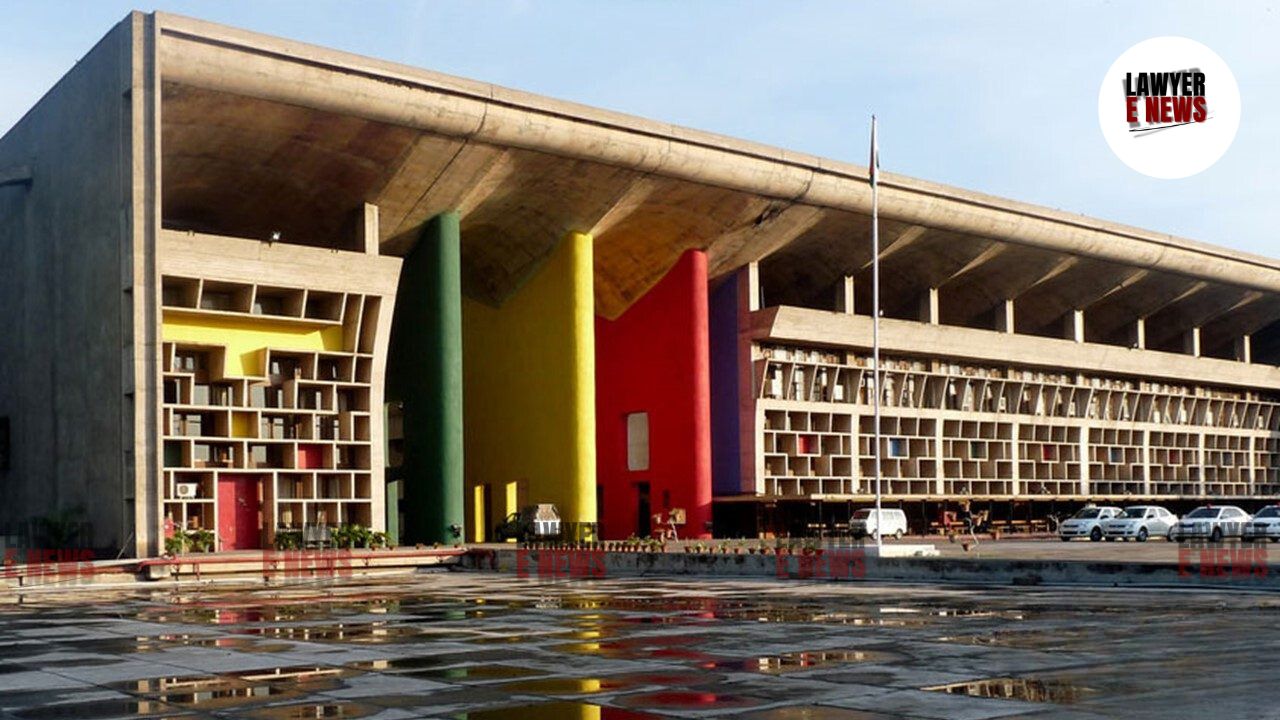-
by Admin
15 February 2026 5:35 AM



Punjab & Haryana High Court, presided by Justice Jagmohan Bansal, delivered a significant ruling in Board of Governors, National Institute of Technology, Kurukshetra & Others v. Mess Kalyan Employees Union & Another (CWP No. 15912 of 2022). The judgment quashed the Labour Court’s award, which had ordered the regularization of 250 mess workers at NIT Kurukshetra. The court found that the workers had not been recruited through any formal process and that their employment was temporary, thus not warranting regularization under established legal precedents.
The dispute arose when the Mess Kalyan Employees Union, representing 250 workers employed at various hostel messes in NIT Kurukshetra, sought regularization and parity in pay with regular employees. The workers had been employed for periods ranging from 12 to 35 years but had not been recruited through any official process. Their salaries were paid from funds collected by student-run mess committees rather than through the university's budget.
The matter reached the Labour Court, which ruled in favor of the workers, holding that their continuous service entitled them to regularization. The Labour Court also concluded that there existed a master-servant relationship between the university and the workers, citing the administrative control exercised by the wardens. The university challenged this decision, arguing that the workers were not its employees and that their salaries were drawn from student mess funds, not university funds.
Regularization of Workers Without Proper Recruitment: The key issue was whether workers, not appointed through a formal recruitment process, could be regularized under the law. The Labour Court had ruled in favor of regularization, but NIT Kurukshetra contended that such a decision contradicted the Supreme Court's ruling in State of Karnataka v. Umadevi (2006), which prohibits regularization of employees appointed without following due process.
Employer-Employee Relationship: The Labour Court had also found that there was a master-servant relationship between the university and the mess workers. However, the university maintained that the workers were employed by the mess committees run by students, with no direct control or financial contribution from the university.
Unfair Labour Practices and Labour Court’s Jurisdiction: The Labour Court had invoked provisions of the Industrial Disputes Act (ID Act) and Maharashtra Recognition of Trade Unions and Prevention of Unfair Labour Practices Act (MRTU & PULP Act), to argue that the continuation of workers as temporary employees for several years amounted to an unfair labour practice. The university challenged this interpretation, arguing that the Labour Court lacked jurisdiction to declare unfair labour practices and to direct regularization.
Regularization Without Sanctioned Posts: The High Court quashed the Labour Court’s decision, holding that regularization of workers who had not been appointed through a valid recruitment process violates Articles 14 and 16 of the Constitution. Citing the Umadevi judgment, the court reiterated that regularization of temporary or ad hoc employees without sanctioned posts undermines the constitutional requirement of equal opportunity in public employment. The court emphasized:
"Regularization of contractual or part-time employees amounts to legalization of back-door entry and is violative of Articles 14 and 16."
Employer-Employee Relationship: The court rejected the Labour Court’s finding of an employer-employee relationship between NIT Kurukshetra and the mess workers. It clarified that while the wardens exercised supervisory control for administrative purposes, the workers were employed and paid by student-run mess committees. There was no financial contribution from the university, and therefore, no direct employer-employee relationship existed.
"The supervisory role of the Warden does not establish a master-servant relationship. The workers were not employees of the university but of the student-run mess committees," the court held.
Labour Court’s Jurisdiction: The court found that the Labour Court had exceeded its jurisdiction by invoking provisions of the MRTU & PULP Act, which are not applicable under the Industrial Disputes Act. The Labour Court, it ruled, does not possess the statutory authority to declare practices as unfair labour practices and mandate regularization.
"The Labour Court cannot travel beyond the statutory framework of the Industrial Disputes Act and exercise powers conferred under the MRTU & PULP Act," the court noted.
Creation of Posts: On the issue of post creation, the court reiterated that the creation of posts is an executive prerogative and cannot be directed by courts. It cited the Supreme Court’s ruling in Mahatma Phule Agricultural University v. Nasik Zilla Sheth Kamgar (2001), which held that courts cannot order the creation of posts for the purpose of regularization.
"The creation of posts is a matter within the domain of the executive, and courts cannot mandate the creation of posts," the court observed.
The Punjab & Haryana High Court allowed the petition filed by NIT Kurukshetra, setting aside the Labour Court's order for the regularization of the 250 mess workers. The court reinforced the principles laid down in Umadevi, holding that workers not recruited through a lawful process are not entitled to regularization, and that the Labour Court had overstepped its jurisdiction.
Date of Decision: 06/09/2024
Board of Governors, National Institute of Technology, Kurukshetra & Others v. Mess Kalyan Employees Union & Another
